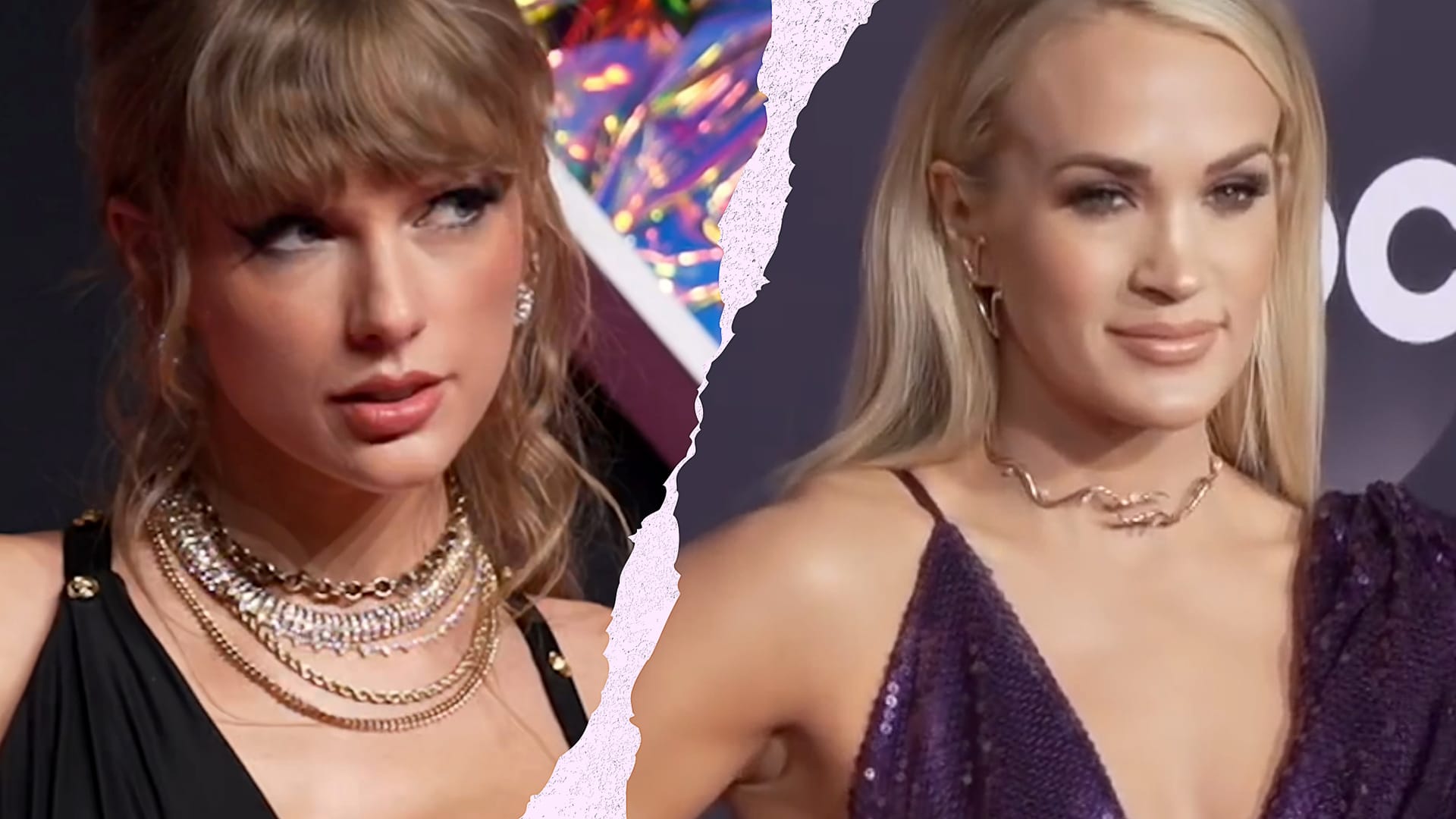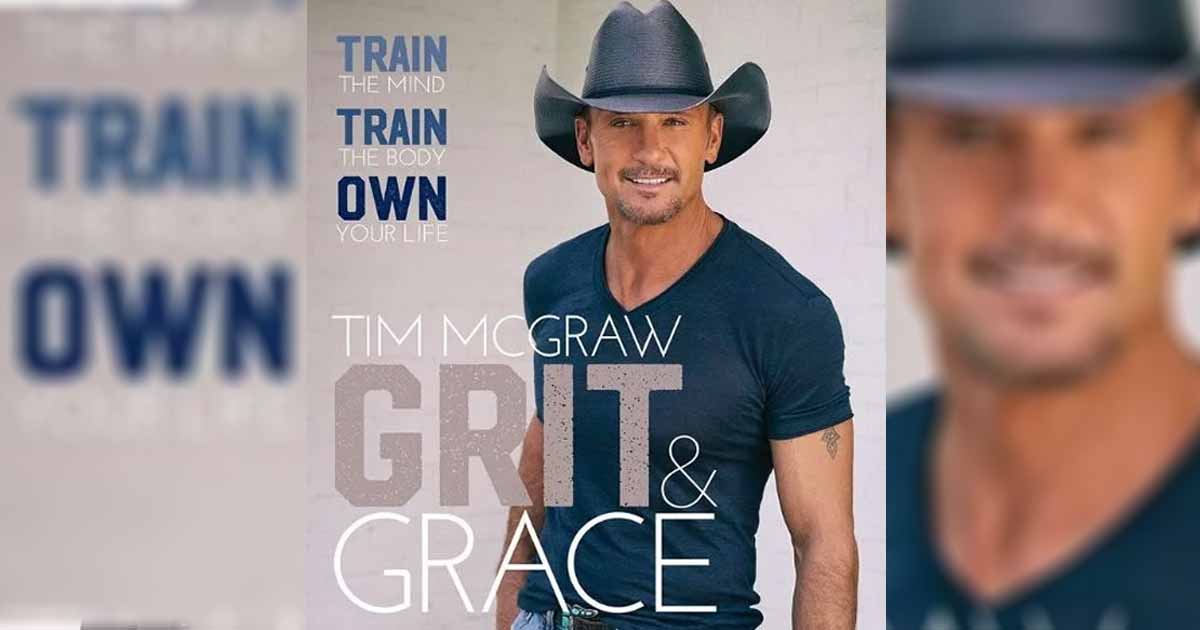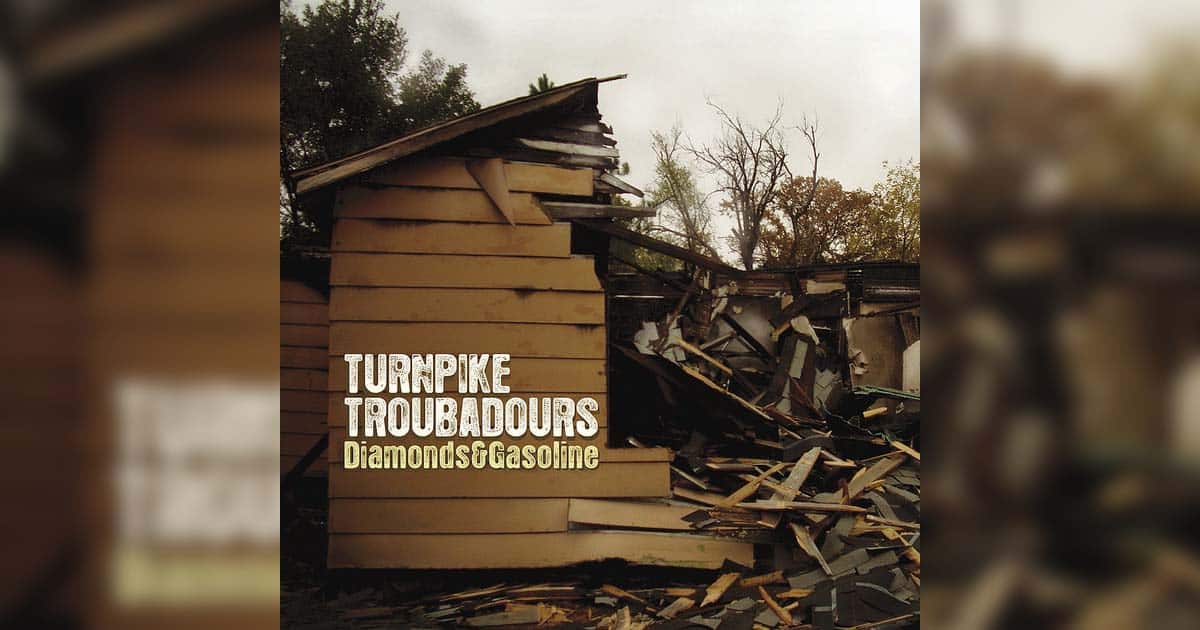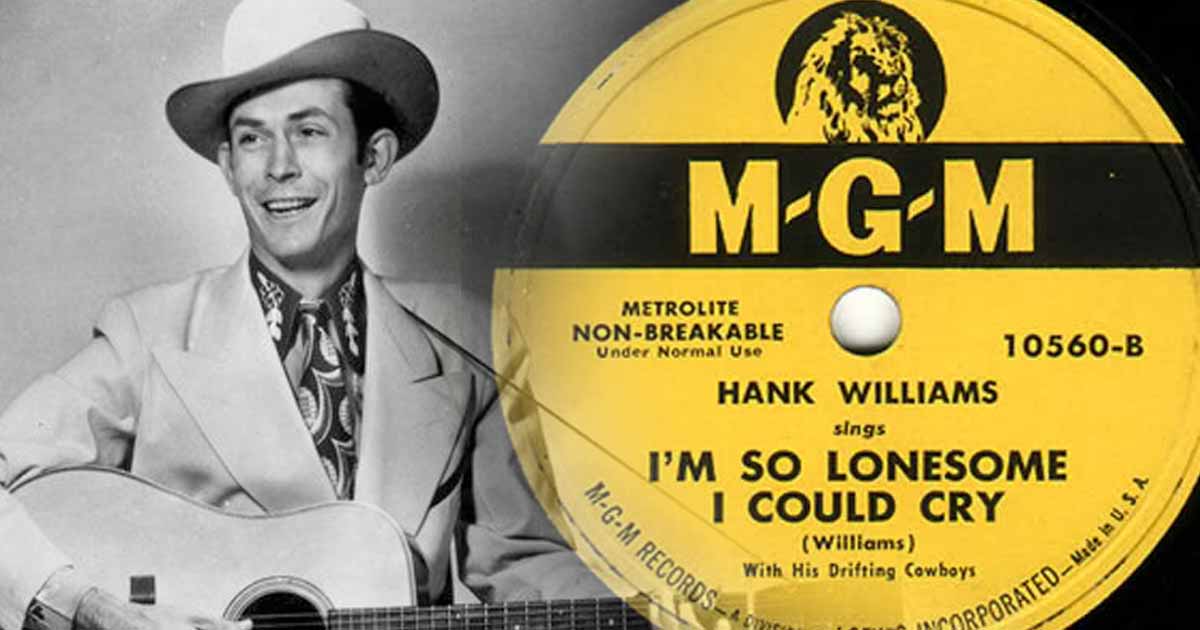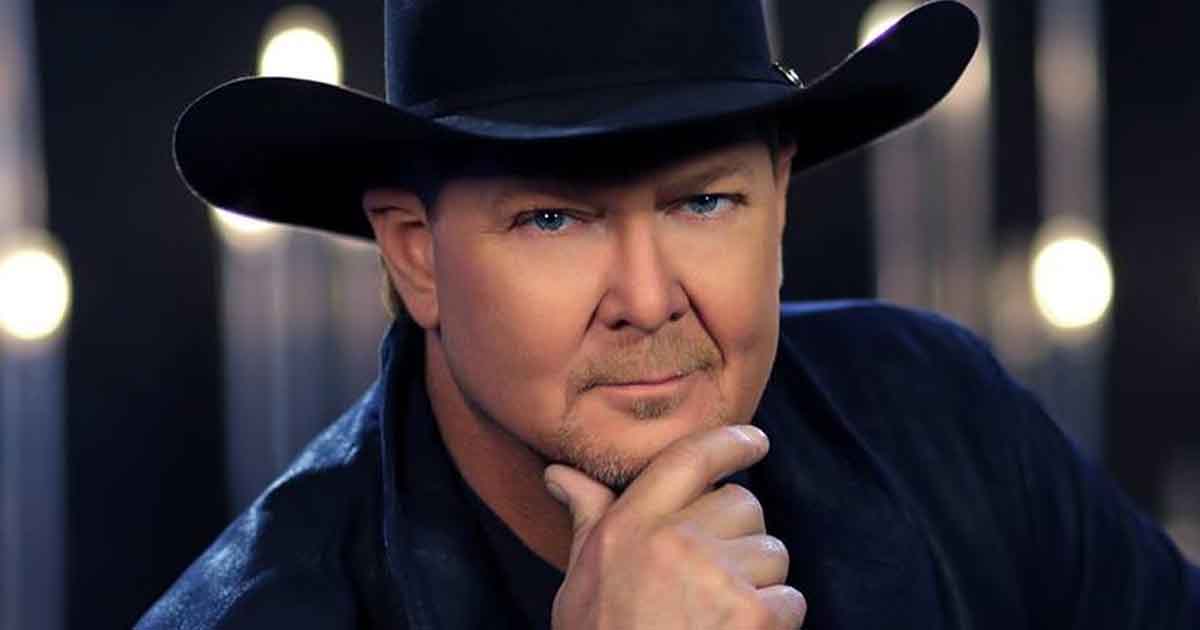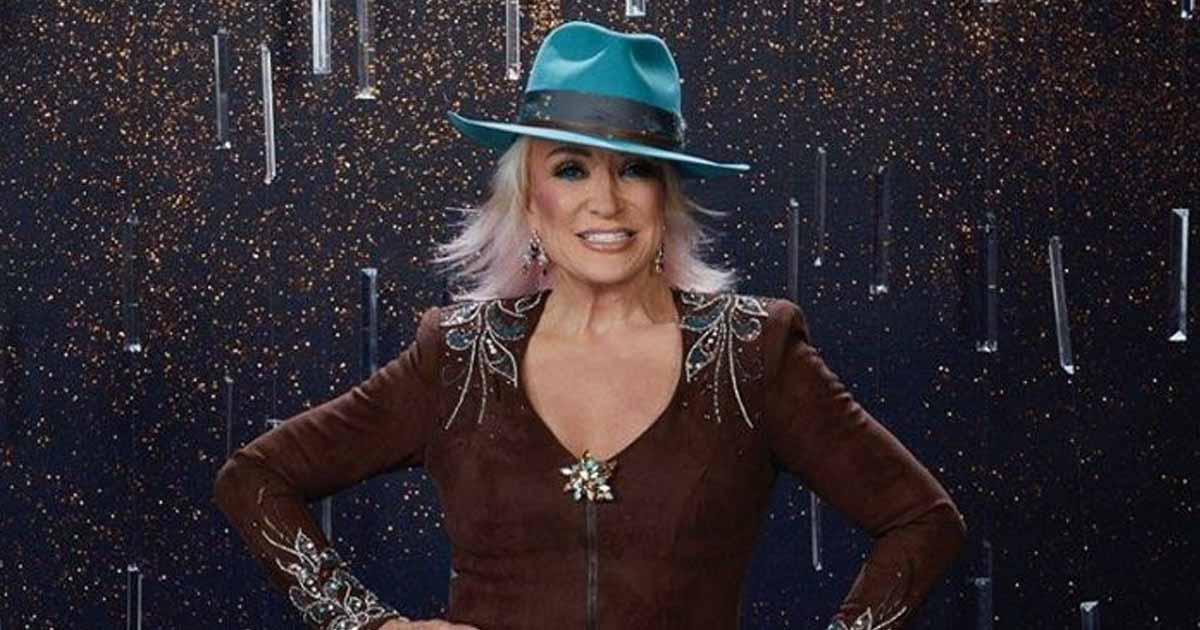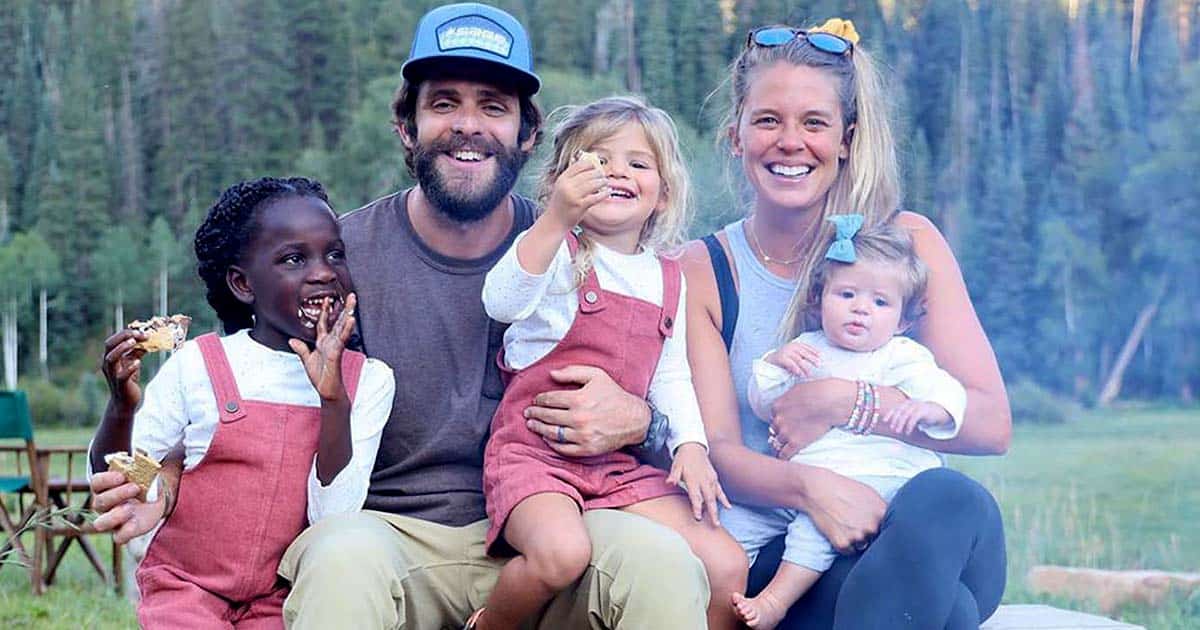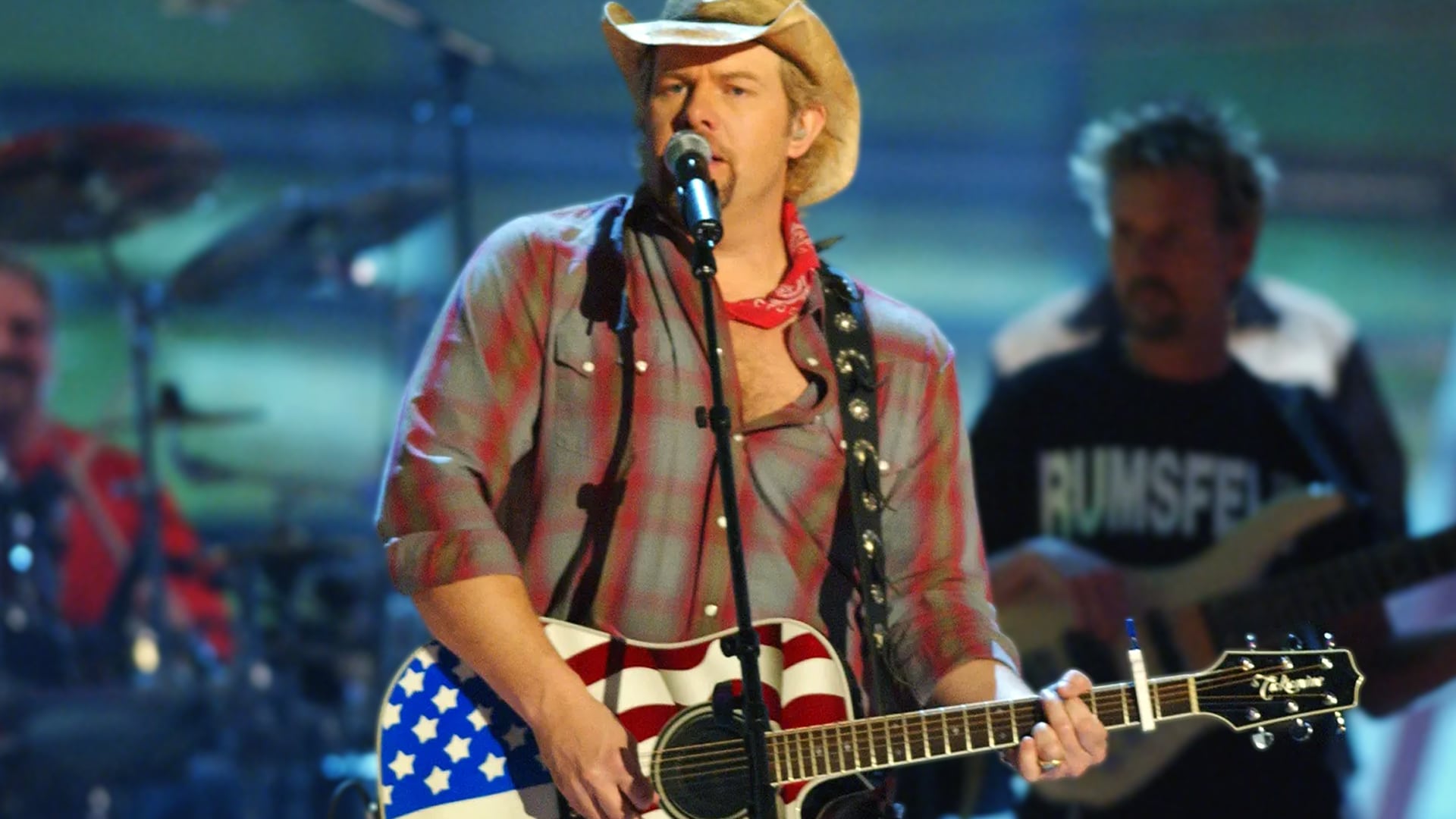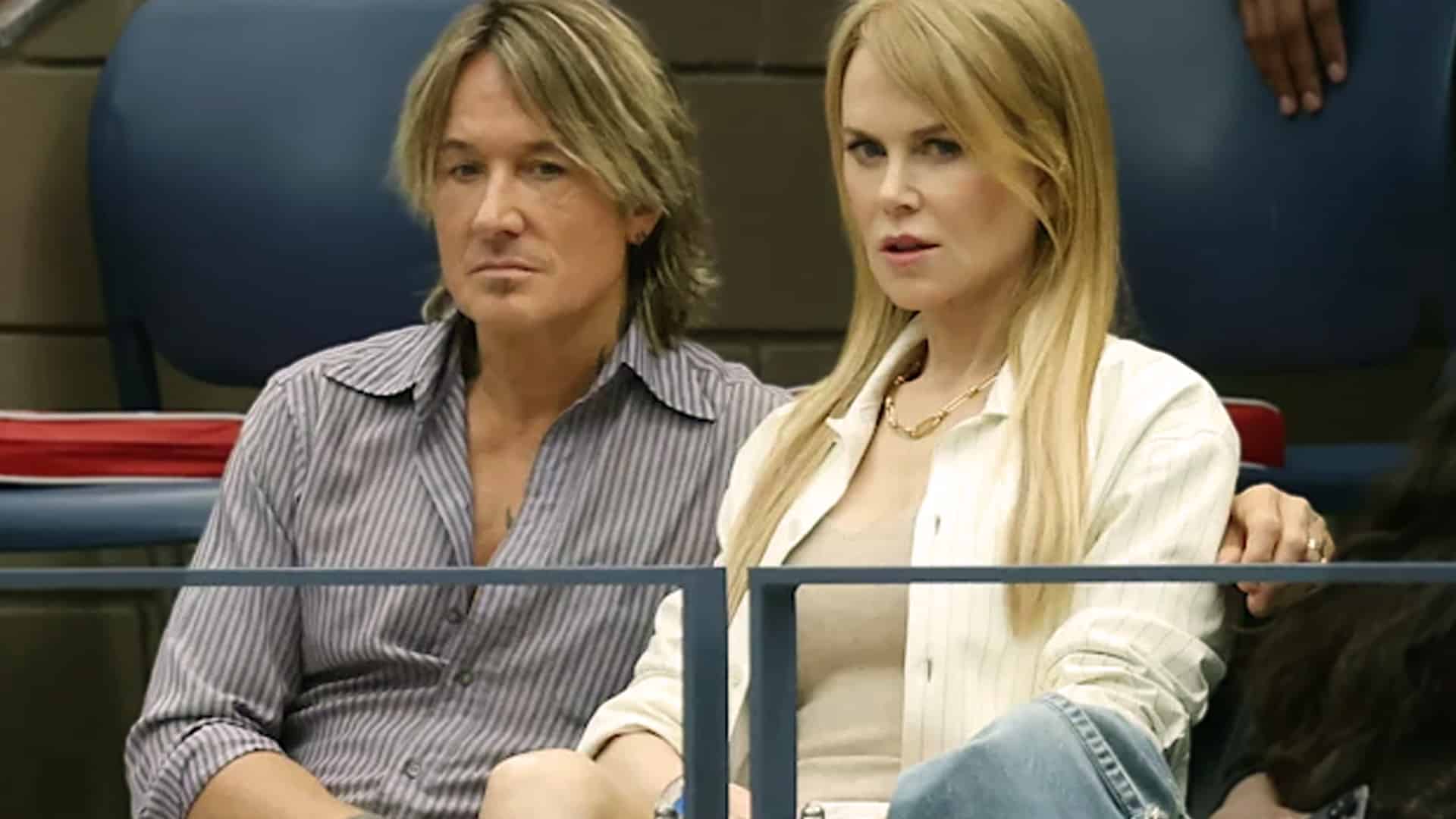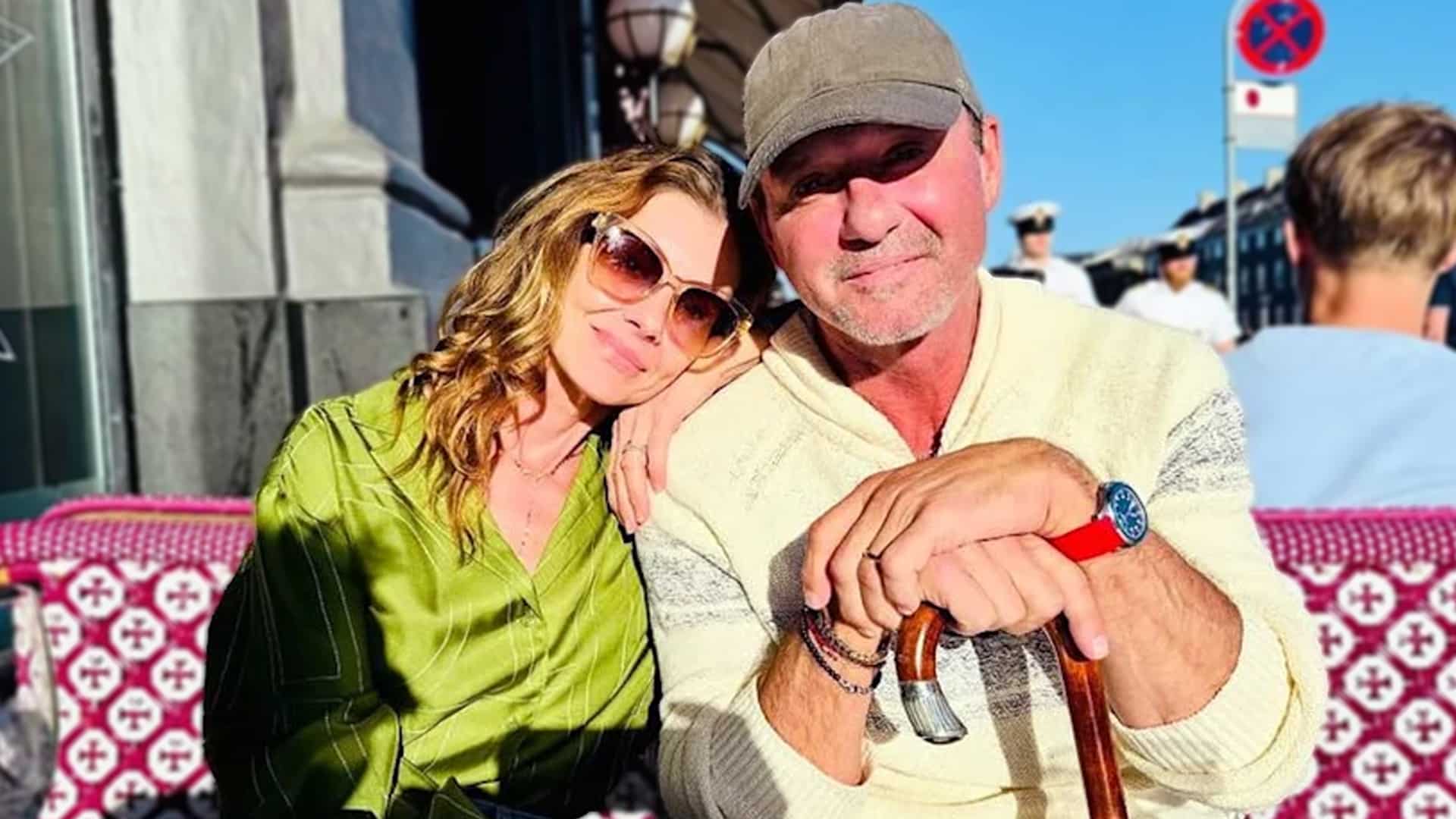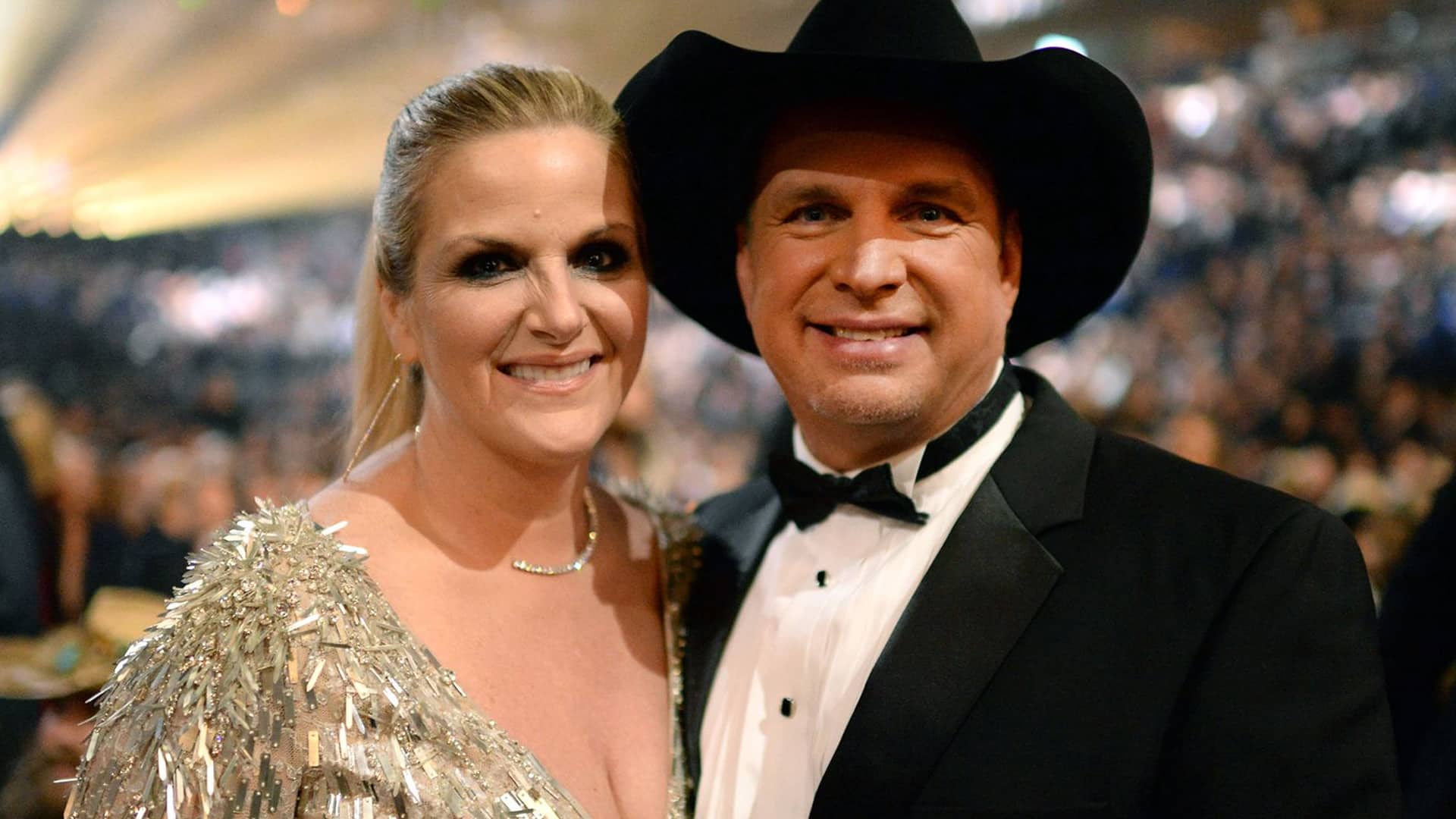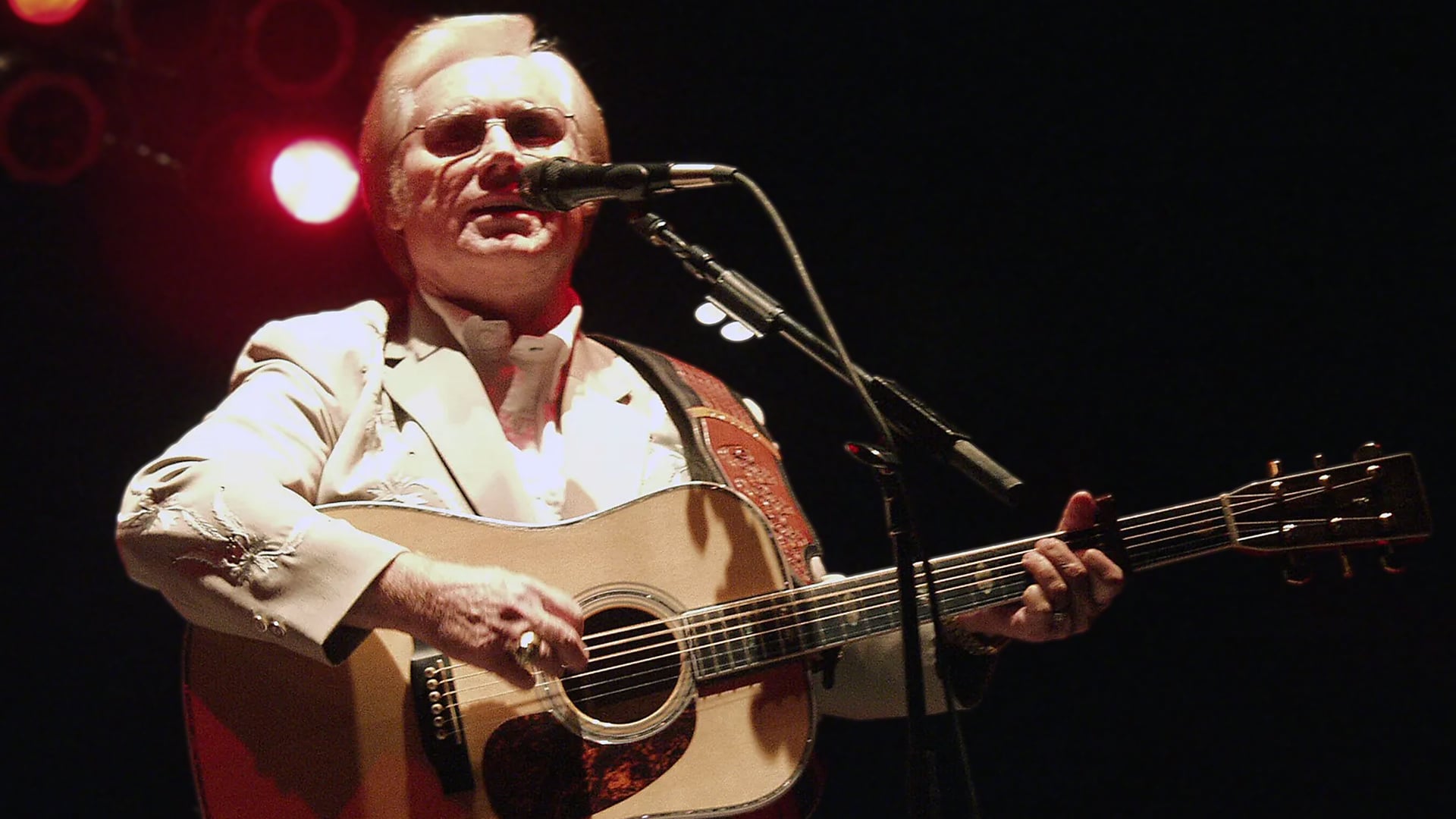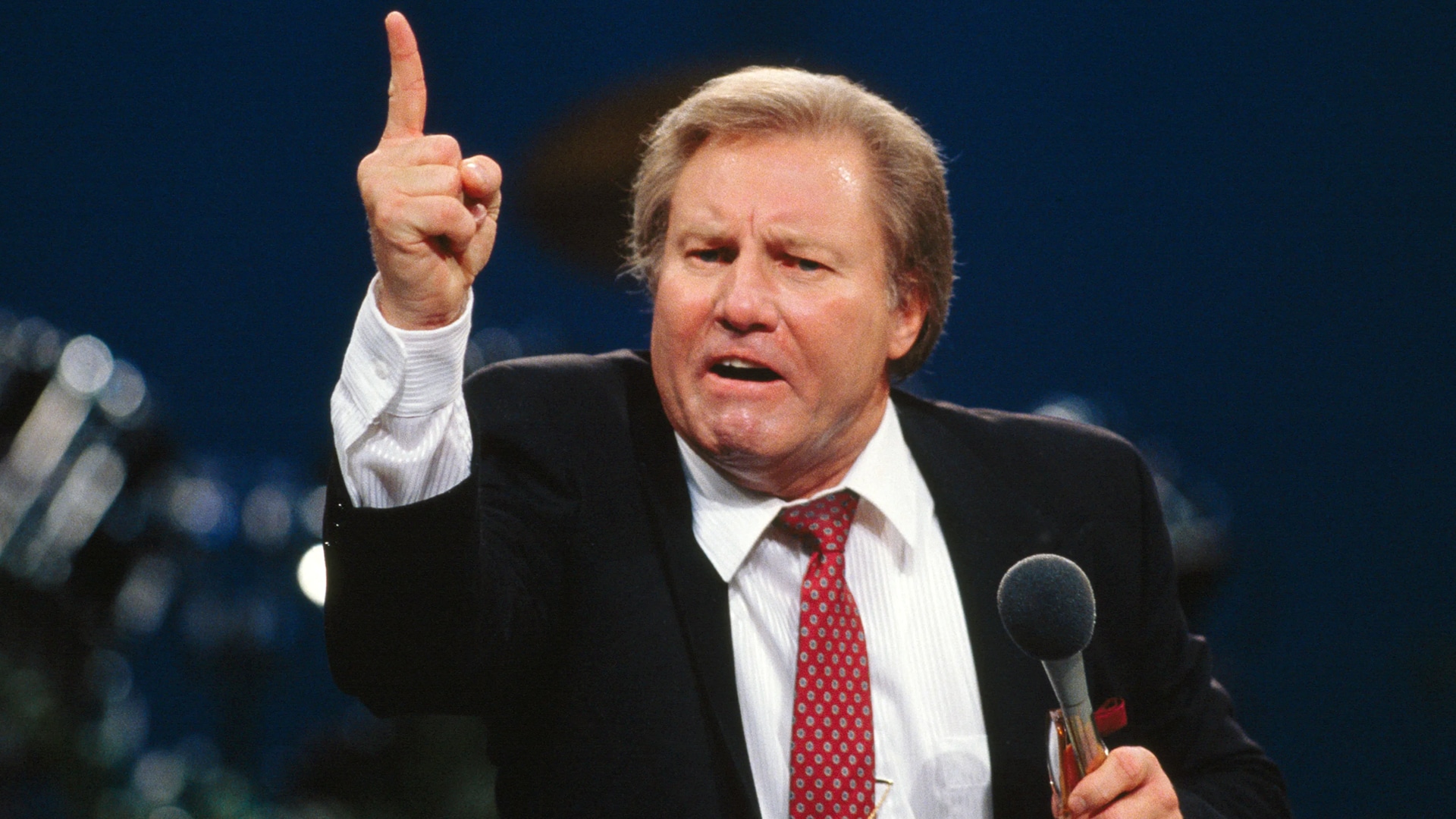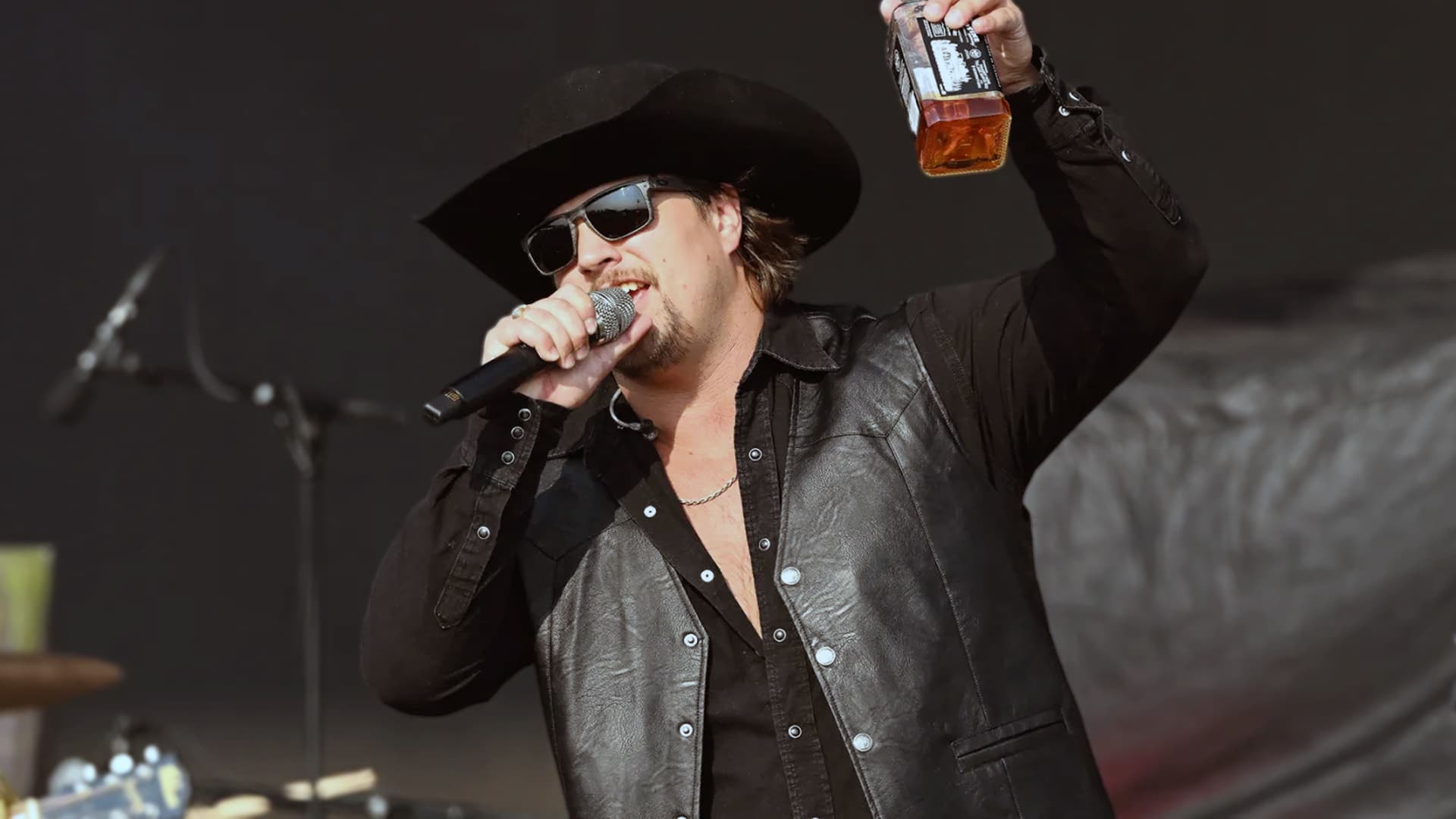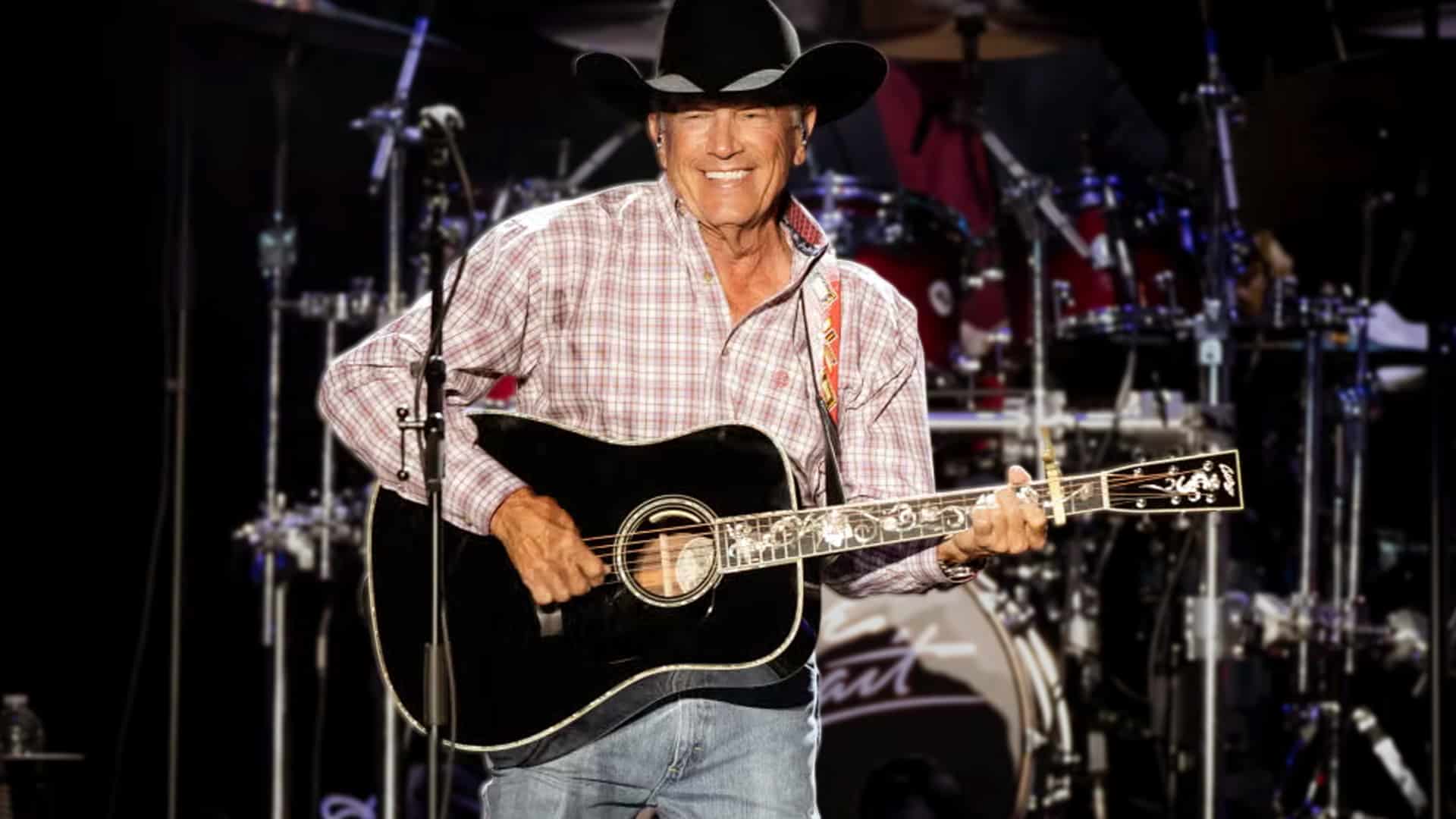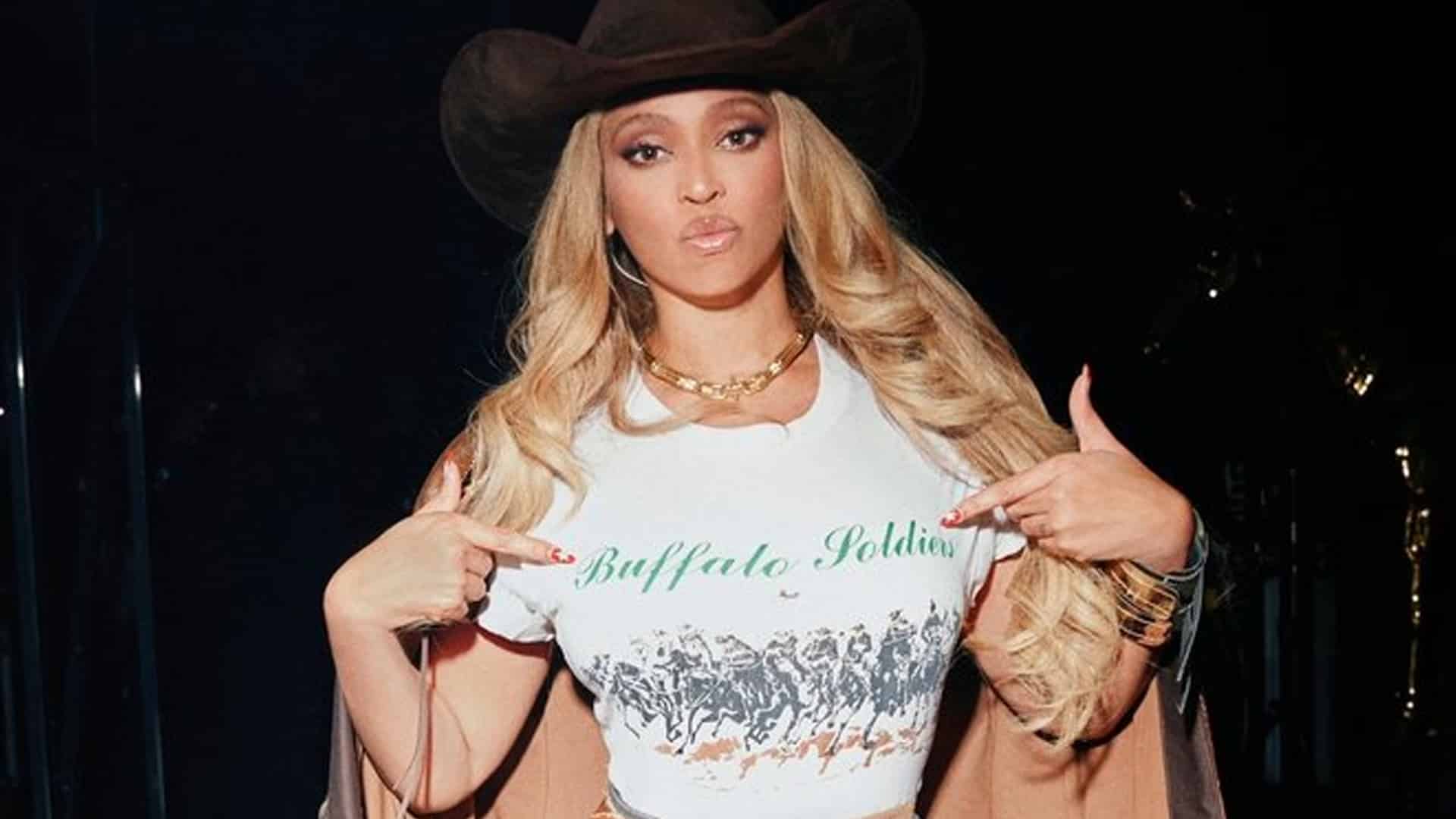They’ve never thrown punches—but they’ve never played nice, either.
Carrie Underwood and Taylor Swift aren’t best friends. They’re not enemies, either. But you can feel the tension before they even speak when they walk into the same room. There’s no screaming, no scandal, just a silence so sharp you could cut glass with it. And for over a decade, that chill has kept fans, reporters, and the entire country music world asking the same thing—what’s really going on?
Because this isn’t just a tale of two superstars. It’s a slow-burn standoff with more side-eyes than soundbites. And whether they like it or not, their names have been linked in whispers, headlines, and uncomfortable award show moments since the very beginning.
The Spotlight Was Big Enough, But the Distance Was Bigger
Carrie Underwood and Taylor Swift didn’t start out as rivals. They started out as the two brightest stars of a new era in country music. Carrie exploded onto the scene in 2005 after winning American Idol, all powerhouse vocals and Southern polish. Taylor followed in 2006, armed with nothing but a guitar and a journal full of high school heartbreak.
They both went straight to the top, but that’s where the similarities ended.
Still, Nashville and the media couldn’t resist comparing them. Swift was called “the next Carrie Underwood” before her second album even dropped—a comparison that, according to Meaww, reportedly rubbed Underwood the wrong way. Their sounds were different. Their paths were different. And the tension started early.
By 2011, it wasn’t subtle. Carrie and longtime co-host Brad Paisley took jabs at the CMA Awards at Swift’s love life. One crack about a celebrity’s 72-day marriage ended with Carrie quipping, “As long as Taylor Swift is with her current boyfriend.” Big laughs from the crowd. But the camera didn’t cut to Taylor.
Swift would later tell The New York Times Magazine, “They don’t pan to you if you’re not laughing.” One sentence. Total mic drop.
The following year, it happened again. After a gag about Swift’s breakup with Conor Kennedy, Carrie riffed off Taylor’s own lyrics: “Never, never, never. Never ever.” More laughs. More awkward silence from the Swift section of the room.
And that became the pattern. Carrie, poised and professional, made the crowd laugh. Taylor, steely and silent, gave nothing away. No reaction. No retaliation. Just that unmistakable frost in the air whenever their names ended up in the same script.
In public, Carrie insisted there was no bad blood. “Not that I know of,” she told Gayle King in 2013, laughing off feud rumors. But she also drew a clear line: “Our music is completely different.” The message was clear—they were never in the same lane to begin with.
In a breakdown published by Reality Tea, Carrie explained further that Swift sings “a little bit lighter,” essentially carving out her own lane apart from Carrie’s power-vocal territory. A polite answer? Sure. But still, a line drawn with lipstick and steel.
Rumors, Reactions, and a Rivalry the Industry Won’t Let Go
Still, the whispers kept coming. Reports claimed they demanded to be seated apart at the Grammys. “Sources” alleged that Underwood mocked Swift’s relationships or that Swift gave her the cold shoulder backstage. None of it was confirmed, but none of it ever really faded, either.
And the divide only grew. Swift crossed over into pop with 1989 and took the world by storm. Carrie stayed in country, became the face of the CMAs, and doubled down on her Grand Ole Opry roots. Swift left the circle. Carrie held her ground in it.
That’s not just career strategy—it’s symbolism. Carrie stayed true to tradition. Taylor built her own tradition.
Then came 2025.
Underwood accepted a high-profile invite to sing “America the Beautiful” at Donald Trump’s second inauguration. It wasn’t a political speech. She didn’t say a word. But Swift’s fans—and insiders close to her—took it as a message. According to Reality Tea, sources close to Swift believed Carrie was “marking her territory as Miss Americana,” a not-so-subtle wink at Swift’s own patriotic documentary title.
And right on cue, Carrie added fuel to the fire just days later. While judging a contestant on American Idol, she described a young singer as “Taylor Swift-esque.” Meant as a compliment? Maybe. But Nicki Swift noted that insiders viewed it as an unnecessary dig, a way to suggest the contestant lacked Underwood’s signature power and depth.
RELATED: American Idol Hopeful Claims Carrie Underwood Turned Her Down Over Taylor Swift Ties
Of course, Carrie has also praised Swift’s music in the past. In interviews, she’s sung along to “We Are Never Ever Getting Back Together.” She’s complimented, “I Knew You Were Trouble.” And Taylor? She’s never taken a shot back.
But they’ve never shared a stage. Never posed for a backstage selfie. And they’ve definitely never gone out of their way to squash the rumors. Maybe they’re just professionals doing their jobs. Or perhaps the silence is part of the story.
They’ve been compared. They’ve been contrasted. And they’ve been cast as opposites in a genre that doesn’t leave much room for two women at the top. However, Carrie Underwood and Taylor Swift never needed a feud to be fascinating. Just standing on separate stages was enough to get the whole world watching.
Because in country music, a feud doesn’t have to be loud.
Sometimes, it’s just the sound of two legends not saying a thing.

